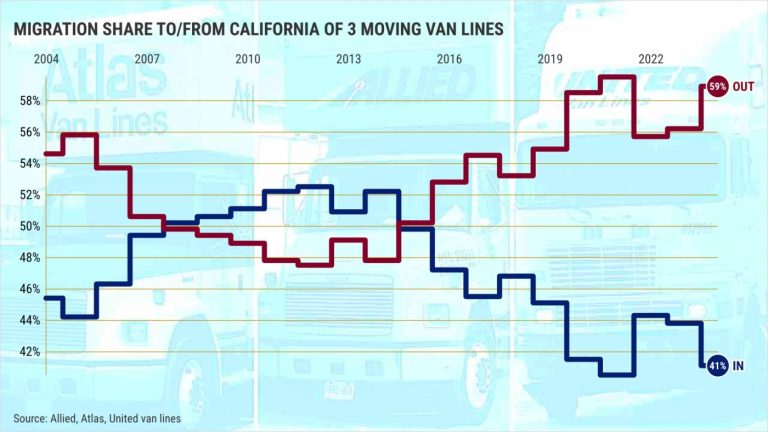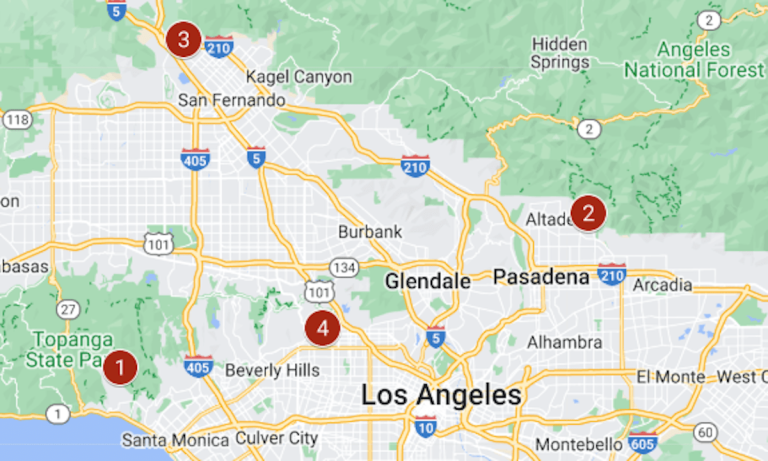Imagine it’s Election Day. You’re getting ready to go vote when you receive a call from a public official telling you to vote at an early voting location rather than your Election Day polling site. So, you go there only to discover it’s closed. Turns out that the call wasn’t from the public official but from a replica created by voice cloning technology.
That might sound like something out of a sci-fi movie, but many New Hampshire voters experienced something like it two days before the 2024 presidential primary. They received robocalls featuring a deepfake simulating the voice of President Joe Biden that discouraged them from participating in the primary.
To be sure, there’s no indication that the fake Biden robocalls had a discernible impact on the New Hampshire primary, but the incident is a stark reminder of the growing threat posed by tactics like this, which are increasingly being used by malign actors to target elections not only in the U.S. but in Slovakia, Argentina and elsewhere.
As artificial intelligence tools become more accessible and affordable, deepfake attacks (of which voice cloning is only one example) are becoming more frequent. How can voters protect themselves from similar efforts to ensure that they make informed decisions for the November general election? Here are a few tips:
• Avoid answering calls from unknown numbers: Picking up a call from an unknown number increases the likelihood of falling for a scam. Additionally, if you answer a call from an unknown number and speak, a scammer can record your voice and use it to create cloned scam calls to trick your family members and friends.
• Verify the caller’s identity: If you do answer a call that raises suspicion, take steps to verify the caller’s identity. Several New Hampshire voters did this after receiving the Biden robocall and were able to confirm that the voice was fake. Try to contact the person (or their campaign) through an alternative channel to confirm that the call was actually from the person/organization it purported to be from.
• Report potential voice cloning: If you may have received an AI voice scam call, contact the appropriate authorities so they can use their expertise to investigate further. This can help address your scam, as well as others, and deter similar future behavior. After New Hampshire voters alerted law enforcement and their attorney general about the robocall that used AI to impersonate Biden, the alleged culprit was identified and charged with 13 counts of voter suppression, a felony, and 13 counts of impersonating a candidate, a misdemeanor. He also faces a proposed $6 million fine from the Federal Communications Commission.
• Educate yourself: Knowledge is your best defense against emerging threats. Take the time to educate yourself and those around you about the dangers of voice cloning. Be skeptical of unsolicited calls, especially if they involve urgent requests that offer suspicious information or try to get you to engage in behavior that sounds “off” (like sending gift cards to supposed relatives of friends).
Related Articles
Here’s who funded the Congressional District 16 recount
Liccardo continues to lead Low in fundraising in the race to replace U.S. Rep. Anna Eshoo
Robert F. Kennedy Jr and Cornel West third-party ballot drives are pushed by secretive groups and Republican donors
Trump’s escape from disaster by mere inches reveals a tiny margin with seismic impact
Elon Musk to give $45 million a month to pro-Trump super PAC
• Rely on trusted sources: Our information ecosystem is awash in lies and inaccurate information, but at least in the elections space we know whom to seek out for accurate information about the administration of elections: state and local election officials (and those who support their efforts).
• Make a plan to vote in advance of Election Day: Devising a vote plan allows you to confirm when, where and how you can vote. It also enables you to consider alternatives in case your preferred plan for voting does not work out because of something unforeseen like an illness. Finally, planning makes it less likely that you’ll be tricked by something like a voice cloning attack, even if it appears real.
Voice cloning attacks are part of the “new frontier” in malign efforts to meddle in U.S. elections. By staying informed, establishing safeguards, and remaining skeptical of unexpected communications, voters can increase their chances of thwarting these threats before they cause real damage.
David Levine is an election integrity and management consultant. ©2024 The Fulcrum. Distributed by Tribune Content Agency.












